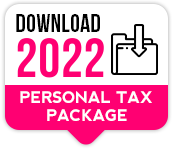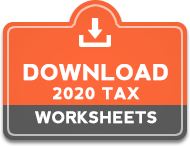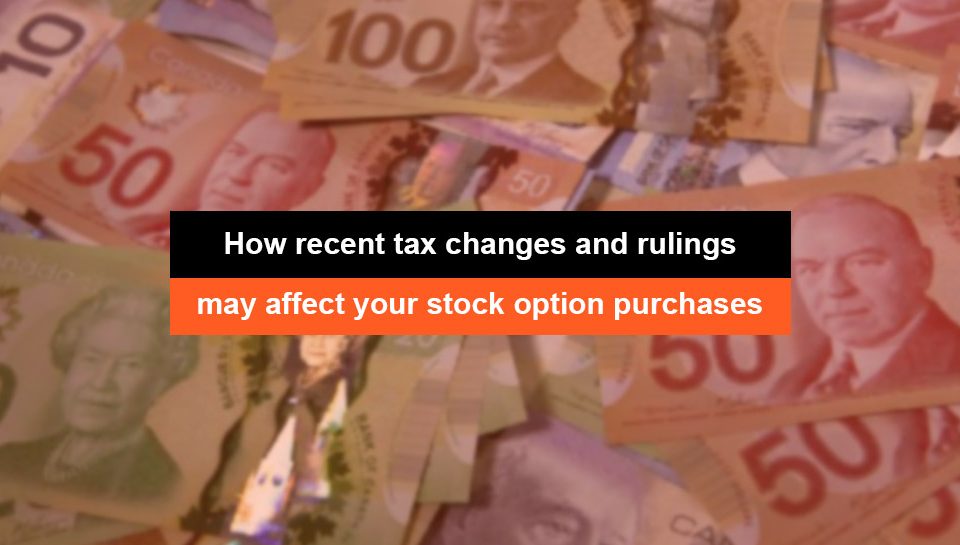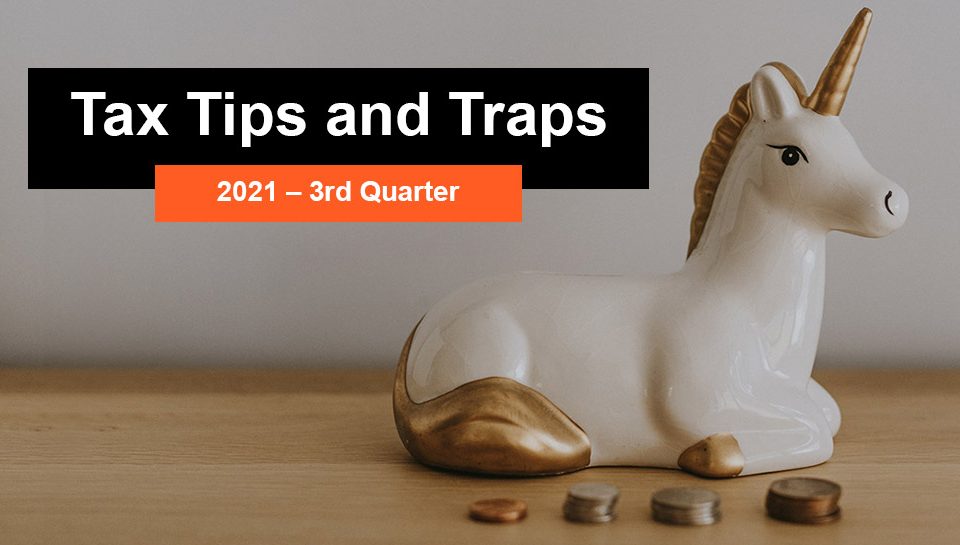Strapped for cash during the COVID-19 pandemic due to the economic slowdown? You might have unclaimed money from your past that could help pay the bills — perhaps from a dormant bank account or a lost cheque.
Or maybe a rich relative died without a will and — unbeknownst to you — you’re entitled to their money. A $1.9 million inheritance is currently sitting idle in B.C., waiting for the next of kin to claim.
To find out if you’re a millionaire or if you have any other unclaimed funds, here are some free, simple ways to launch your treasure hunt.
Uncashed CRA cheques
The Canada Revenue Agency is sitting on about $1 billion from cheques for tax refunds and benefits that taxpayers never cashed.
In some cases, the recipient may have lost the cheque or neglected to tell the CRA that they had moved, so it was mailed to the wrong address.
In February, the CRA added a new online feature to help unite taxpayers with their uncashed cheques — which never expire.
After logging onto your CRA account online, click on the “uncashed cheques” link. That will prompt a list of any CRA cheques in your name that have remained uncashed for at least six months.
To claim your money, fill out a form provided online and send it to the agency.
The CRA reports that between Feb. 10 — when it launched the new feature — and the end of May, Canadians redeemed more than 260,000 uncashed cheques totalling $63.7 million.
Dave Hurley of Vancouver clicked on the “uncashed cheques” link in April and was surprised to discover he had a $88.50 cheque for a 2007 GST/HST credit.
He said he made a claim and the CRA deposited the money into his account about a month later.
“An extra 88 bucks was good — it was great to have,” said Hurley, who used the money to splurge on a high-end bottle of Scotch whisky.
“I felt I deserved it.”
Central bank has $888 million in unclaimed funds
The Bank of Canada can also help you locate forgotten cash. When federally regulated banks have unclaimed customer funds — such as bank deposits, GICs and money orders — they wind up at the Bank of Canada after a 10-year period.
The bank calls the forgotten money “unclaimed balances,” and you can search its online database to find out if any of it belongs to you. To stake a claim, you must fill out a claim form provided online and mail it to the bank with proof of ownership.
The Bank of Canada said it paid out $8.5 million last year to Canadians who submitted claims.
And it has plenty more to dole out. The bank reports it was sitting on $888 million in unclaimed balances at the close of 2019. Its single-largest holding totals more than $800,000.
Rightful owners have ample time to claim their cash. The bank will hold unclaimed balances of less than $1,000 for 30 years and amounts of $1,000 or more for 100 years.
Forgotten EI cheques
Employment and Social Development Canada (ESDC), which oversees federal social programs, may also have cash for you. The government department reports that as of Sept. 30, 2019, it was sitting on $133 million from more than 300,000 cheques issued to Canadians that — for some reason — were never cashed.
The majority of the cheques belong to people who have at some point collected Canada Pension Plan, Employment Insurance or Old Age Security payments.
ESDC doesn’t have an online search tool, but you can call Service Canada if you believe you have a forgotten cheque. If it turns out you do and you’re able to validate your identity, the department will reissue the cheque.
Unclaimed property programs
If you have ever lived in B.C., Alberta or Quebec, you can dig for forgotten money by searching online databases provided by unclaimed property programs in each of the three provinces.
The programs collect funds from provincially regulated companies, organizations and financial institutions. Depending on the province, collected funds could include wages, insurance and pension fund payments, as well as accounts from credit unions.
All three programs collect unclaimed inheritances left by people who died and no rightful heir can be found.
WATCH | Personal finance experts offer advice to Canadians:
Finance experts answer viewer questions about coping during the COVID-19 pandemic including whether small businesses should take on debt with uncertain times ahead. 7:37








